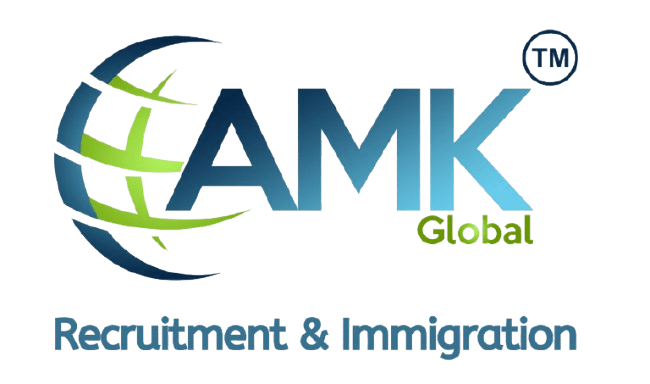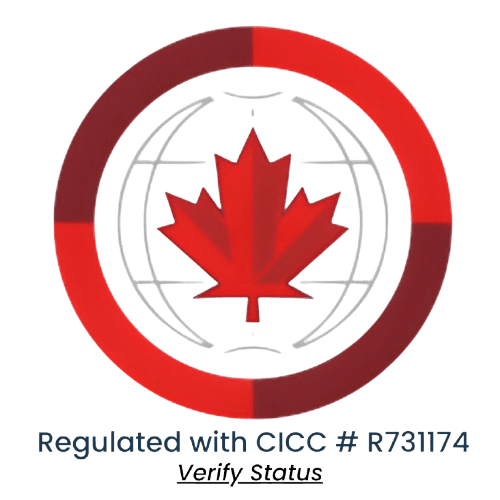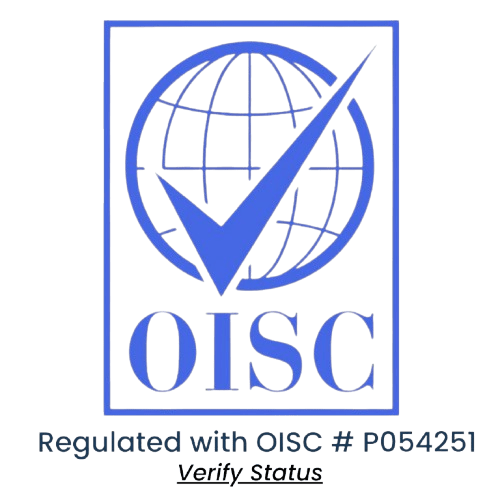Part 1: Understanding Work Permit Exemptions in Canada
1. Introduction to Working in Canada Without a Work Permit
Canada’s immigration system typically requires foreign nationals to have a work permit before starting employment in Canada. However, under the *Immigration and Refugee Protection Act* (IRPA), certain scenarios allow individuals to work without a permit. These exemptions cater to short-term, specialized, or urgent roles, making it easier for specific professionals to work in Canada without going through the work permit process.
This guide covers the categories, conditions, and situations that allow certain foreign nationals to work permit-free in Canada. By understanding these exemptions, both applicants and employers can make informed decisions, ensuring compliance with Canadian immigration regulations while taking advantage of available flexibility.
2. Who Is Eligible to Work in Canada Without a Work Permit?
The following categories of foreign nationals may be eligible to work in Canada without a work permit:
– Business Visitors: Individuals participating in activities like meetings or conferences and representing a foreign business. They do not directly enter the Canadian labor market, as their tasks are solely tied to their home companies.
– Foreign Representatives and Diplomats: Accredited representatives, including diplomats and consular officials recognized by Global Affairs Canada, are exempt from work permits. In some cases, family members of foreign representatives are also eligible.
– Military Personnel: Members of foreign armed forces working in Canada under international agreements, such as NATO, are permitted to work without a permit, provided their role aligns with their government’s arrangements with Canada.
– Emergency Service Providers: Individuals arriving in Canada to provide urgent services, such as disaster relief or emergency medical assistance, qualify for exemptions. This provision ensures timely support during crises without delays for permit processing.
Each category has specific eligibility criteria and limitations, generally related to the nature of the work, the length of stay, and minimal impact on the Canadian labor market.
—
Part 2: Common Roles Exempt from Work Permits
3. Professions That Don’t Require a Work Permit
Several specific professions qualify for work permit exemptions. These roles are typically specialized, temporary, or involve non-labor market activities:
– Performing Artists: Artists performing at events like festivals or concerts may be exempt from work permits, provided they are not employed by a Canadian production company and do not overstay.
– Athletes and Coaches: Foreign athletes participating in sports events in Canada, along with their support staff, can work permit-free. This exemption covers activities like tournaments, one-off events, and promotional sports engagements.
– Guest Speakers, Seminar Leaders, and Convention Organizers: Individuals invited to Canada for short-term speaking engagements, seminars, or conventions may be eligible for an exemption if they are contracted by a foreign organization.
– Health Care Students: Students completing short-term clinical placements or training related to their studies may work in Canada without a permit, provided they have authorization from their educational institutions.
These exemptions help facilitate industries that rely on international expertise, enabling a streamlined process for short-term engagements.
4. Short-Term Work Exemptions
Canada’s immigration policy also allows for short-term exemptions for specific high-skilled or urgent roles:
– 30-Day Exemption for Researchers and Specialists: Researchers involved in projects of national interest may work without a permit for up to 30 days. This exemption applies to professionals contributing to Canadian innovation and research priorities.
– 15- and 30-Day Exemptions for Highly Skilled Workers: Certain highly skilled professionals, such as IT specialists and engineers, may work permit-free for short-term projects that meet urgent or high-priority needs. These exemptions are designed to address immediate demands in the Canadian labor market without lengthy permit processes.
These exemptions allow Canadian employers to bring in skilled foreign talent quickly, ensuring they meet project deadlines or address urgent business needs.
—
Part 3: Detailed Insights into Work Permit Exemptions
5. Intra-Company Transfers Without a Work Permit
Some multinational companies may transfer employees to their Canadian branches without needing a work permit. This applies to specialized or executive-level employees who possess unique expertise. However, these transfers are typically temporary, and the employee is expected to return to their home country after the assignment ends.
6. Working as a Business Visitor
Business visitors do not require a work permit as their role does not integrate them into the Canadian labor market. Common permitted activities for business visitors include:
– Meetings and Conferences: Attending or presenting at conferences on behalf of a foreign company.
– Employee Training: Providing temporary training for Canadian employees on foreign products or processes.
– Installation and Servicing: Setting up or servicing equipment for foreign companies without local production involvement.
These roles allow international businesses to maintain operational continuity without the need for work permits.
—
Part 4: Conditions and Limitations of Work Permit Exemptions
7. Conditions to Work in Canada Without a Permit
While work permit exemptions can be beneficial, they come with specific conditions to protect the Canadian job market:
– Time Limitations: Exemptions are generally temporary, often with strict time limits for each role type.
– Job Scope Restrictions: Work performed under an exemption should not directly compete with local employment, ensuring minimal impact on the Canadian labor market.
– Employer-Specific Conditions: Many exemptions restrict foreign workers to specific roles and single employers, aligning with the exemption’s intended purpose.
These restrictions ensure that work permit exemptions are used appropriately, supporting Canada’s labor market policies.
8. How to Apply for a Work Permit Exemption
Applying for an exemption typically involves gathering documentation to demonstrate eligibility. Steps include:
1. Verify Eligibility: Review Canada’s official guidelines to confirm your role qualifies for an exemption.
2. Prepare Supporting Documents: Depending on the exemption, this may include invitation letters, proof of employment with a foreign company, or event details.
3. Notify Authorities: Some exemptions require notifying the Canada Border Services Agency (CBSA) upon entry.
Careful preparation can streamline the process, helping applicants avoid delays at the border and ensuring compliance.
—
Part 5: Additional Considerations
9. Pros and Cons of Canada’s Work Permit Exemptions
– Pros:
– Faster processing for short-term or urgent roles
– Reduced administrative costs for employers
– Flexibility for international professionals and event organizers
– Cons:
– Strict eligibility requirements that can be challenging to meet
– Limited duration, often requiring projects to be completed quickly
– Penalties for non-compliance, including potential entry bans
This quick pros and cons list highlights the main benefits and challenges of work permit exemptions, helping applicants weigh their options.
—
Frequently Asked Questions (FAQs)
10. FAQs on Working in Canada Without a Work Permit
1. Can I work in Canada as a visitor without a work permit?
– No, generally you cannot work as a visitor without a permit. However, certain visitor categories qualify for exemptions based on specific criteria.
2. What happens if I work in Canada without the correct permit?
– Unauthorized work can lead to penalties, including removal orders and entry bans.
3. How can I confirm if my role qualifies for a work permit exemption?
– Consult Immigration Canada’s exemption list and verify your eligibility based on your specific job role.
4. Do I still need a visa if I’m exempt from a work permit?
– Yes, you may still need a visa for entry, even if you don’t need a work permit.
5. Are remote workers exempt from Canadian work permits?
– Generally, remote work performed outside Canada does not require a Canadian work permit.
—
Conclusion and Call-to-Action
Work permit exemptions offer valuable flexibility for both foreign professionals and Canadian employers. By understanding these exemptions, applicants can take advantage of opportunities in Canada without navigating the work permit process. Not sure if you qualify? Consult an immigration expert to ensure you’re on the right path to work in Canada legally. Share this guide with someone who might find it helpful!
—
This revised article presents a well-structured and comprehensive overview, balancing detailed information with clear, actionable guidance for readers interested in understanding work permit exemptions in Canada.




